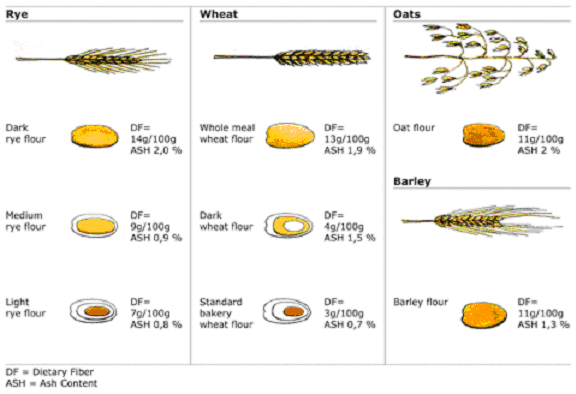Frequently Asked Questions
Are items sold in the United States required to list all ingredients, even those that are less than 2%?
Yes! All ingredients must be listed on each food product as required by the FDA. Please visit the FDA’s site for more info.
Are non-food items such as cosmetics, paper towels, soaps, paper plates, shoe polish, and the like, required to have Passover certification?
No! Anything that is not edible can be used on Passover, even if it has wheat in it.
For Ashkenazim, up to what percentage of a food item containing Kitniyot is still permitted to eat on Passover?
The Shulchan Aruch says that Kitniyot is “Batel Berov.” This would mean that a food product containing 49% Kitniyot, would be kosher for Passover for Ashkenazim. This would only apply to a food where the kitniyot and the food is thoroughly mixed together (ex: Mayo mixed into Tuna or ingredients in a cake.) This would not apply to items that are “Be’en”, (ex: beans in a soup or corn in mixed vegetables).
Is rice permitted on Passover without checking? Additionally, there have been rumors about people finding traces of wheat in the rice?
Years ago the people would check the rice and obviously some did find wheat or barley, and they removed it. Otherwise, there would have been no need to check the rice. Nowadays, it is almost unheard of to find anything other than rice in your bag of rice. Carolina Rice and Uncle Bens etc., have major systems and processes in place to keep out anything but rice. Our father’s final Pesak was that since they have a thorough processing system to sift out anything that is not rice, it is permitted. Additionally, there is no need to check the rice, since the checking done by the manufacturer is much more thorough than we can ever do on our own.
Apple Juice is said to have enzymes that may be a wheat derivative. Coffee is sometimes decaffeinated with ethyl acetate, which can be a wheat derivative. Can these be used on Pesach?
The fact that the enzymes and the ethyl acetate are not listed in the ingredients shows that they are only trace ingredients. (FDA) “If a substance is an incidental additive and has no function or technical effect in the finished product, then it need not be declared on the label. An incidental additive is usually present because it is an ingredient of another ingredient.” 1) It must be a small fraction of a percent, and it is “Batel” in 60. 2) It is probably not edible, and therefore permitted. 3) It is a “Safek” if it was used in this product at all. 4) Even if it was used, it is a “Safek” if there are any traces remaining. Based on the above, it is 100% permitted.
What are the laws regarding buying chametz after Pesah? Where are you allowed and not allowed to buy from? What is the law about how you can know whether or not the owner of the store was Jewish and did not sell their chametz? Is there a list of stores that are pasul to buy from for 30 days? Please advise?
Hames/Chametz after Pesach was not prohibited from the Torah. The Rabbanim prohibited it. It is well known, that if there is a “Safek,” (a doubt) then it is permitted. For example, if you are not sure if a Jew owns the store, or if the food was sold by the owner, then it is clearly permitted. For all practical purposes, this will include most stores in the world. It is therefore completely acceptable to go to any of your regular stores, without asking questions or doing extensive research.
Are Oats Kosher to use for Matzah, especially for those that cannot eat wheat or barley?
Below you will see that oats are not a type of wheat nor a type of barley. The Gemara says in Menachot 70a, and this is brought down in the Halachah, that the five grains are either types of wheat or types of barley (two are wheat & three are barley). Oats do not fit in to these categories. It is not a wheat nor is it a barley. Clearly some people went to great lengths to randomly translate each of the five grains into something in English without regard to the consequences. People are being restricted unnecessarily, and others are making a Bracha LeVatalah on Matzot made from Oats. One who uses oats for Matzah is absolutely not Yotzeh (accomplishing) the Mitzvah.


